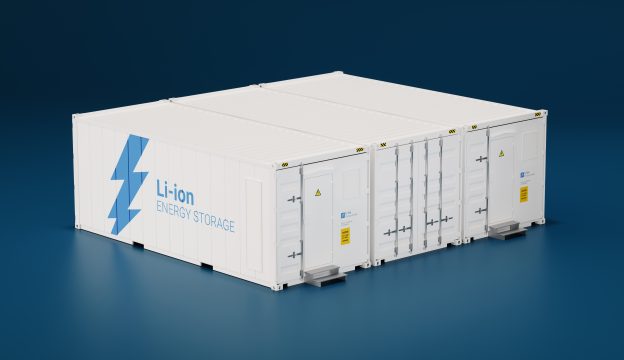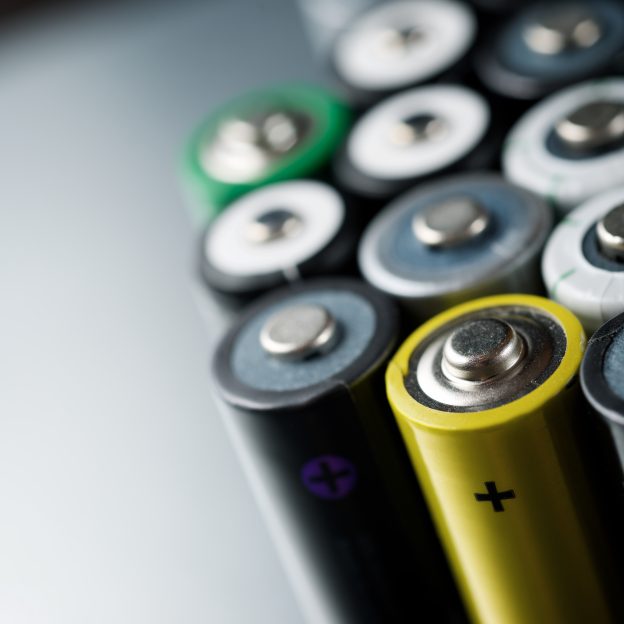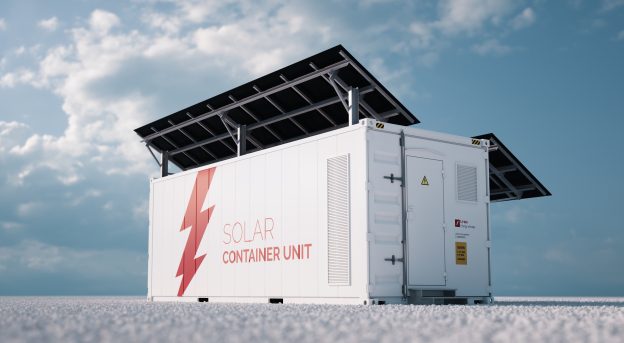
Researchers at Purdue University in the US have made an exciting discovery that could simultaneously fight the scourge of plastic pollution and create a new supply source for battery electrode. According to a study that came out of the university’s Davidson School of Chemical Engineering, polyethylene terephthalate (PET)—one of the most common plastic materials—can be converted into a valuable and environment-friendly organic compound using microwave. This synthesized material, which is called disodium terephthalate (DST), has many applications including battery electrode. All in all, the irradiation process that is uncovered and further developed by the Purdue team has the potential of substantially reducing the cost of battery production.
PET is well known as the material used in single-use beverage bottles, throwaway utensils, and food packaging films. Its popularity over other types of plastics is based on a combination of useful properties. It is lightweight, durable, flexible, and resistant to water and oil. Furthermore, the entry barrier to mass production is low for most PET products.
On the other hand, these same favorable attributes also contribute to the ever increasing usage of the material worldwide. Since discarding PET items simply as wastes is just too easy, recycling efforts have rarely caught up. Consequently, plastic wastes are now everywhere and especially glaring in scenic vistas like beaches and mountains.
Recent times have seen innovative solutions to address the perception that PET is a low-cost material that is not even worth recycling. In particular, the development of new “upcycling processes” that transform unwanted plastic items into materials of high values has generated more demand for plastic recovery from garbage.
The process presented by the Purdue team turns PET into DST, which could be used an anode material for lithium-ion and sodium-ion batteries. DST has an excellent electrochemical property and is “environmentally benign” according to the researchers.

(Source: Purdue University)
The conversion process involves chopping up PET products into flakes that are then bombarded by microwaves for two minutes to become DST. The Purdue team in their study stated that the setup for the upcycling process is actually similar to a household microwave, and the purity of the resulting material was confirmed using X-ray diffraction. Vilas Pol, a Purdue associate professor who works on battery technologies, said that the treatment of plastic materials by microwave irradiation has received more notice recently because the process is fast and effective. In this case, the complete transformation from PET to DST takes only 120 seconds.
The Purdue team has yet to use the synthesized material from the microwave process to make a battery. However, if follow-up research shows significant progress, then a new path could be opened for both the recycling of PET bottles and the development of battery technologies.
Details of the study have been published in the journal ACS Sustainable Chemistry and Engineering.
(News source: TechNews. Credit for the top image: Pixabay.)







